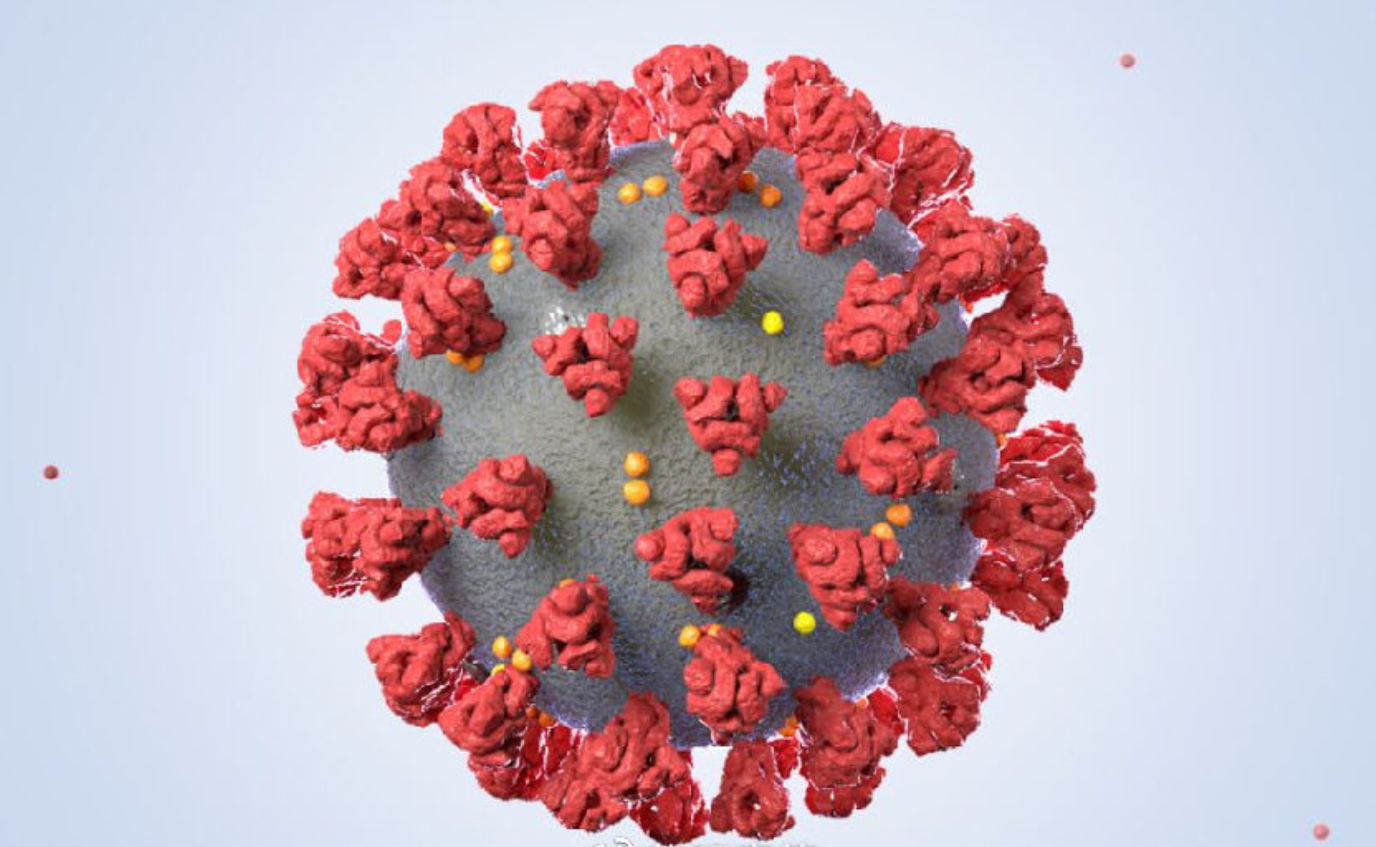SPOTO will update the related condition of COVID-19, If you are interested in this, and you can follow SPOTO. Besides, we have the latest Cisco news here.
COVID-19 is a respiratory illness caused by a new virus. Symptoms include fever, coughing, sore throat and shortness of breath. The virus can spread from person to person, but good hygiene can prevent infection. Find out who is at risk and what you should do if you think you have COVID-19.
1. What is COVID-19
Coronaviruses are a large family of viruses that cause respiratory infections. These can range from the common cold to more serious diseases.
COVID-19 is the disease caused by a new coronavirus. It was first reported in December 2019 in Wuhan City in China. Other coronaviruses include Middle East Respiratory Syndrome (MERS) and Severe Acute Respiratory Syndrome (SARS).
Symptoms
Symptoms can range from mild illness to pneumonia. Some people will recover easily, and others may get very sick very quickly.
People with coronavirus may experience:
fevser
flu-like symptoms such as coughing, sore throat and fatigue
shortness of breath
2. How to seek medical attention
To seek medical help from a doctor or hospital, call ahead of time to book an appointment.
You will be asked to take precautions when you attend for treatment. Follow the instructions you are given.
If you have a mask, wear it to protect others. Stay at least 1.5 metres away from other people. Cover your coughs or sneezes with your elbow.
Tell the doctor about:
your symptoms
any travel history
any recent contact with someone who has COVID-19
Getting tested
Your doctor will tell you if you should be tested. They will arrange for the test.
You will only be tested if your doctor decides you meet the criteria:
You have returned from overseas in the past 14 days and you develop respiratory illness with or without fever
You have been in close contact with a confirmed COVID-19 case in the past 14 days and you develop respiratory illness with or without fever
You have severe community-acquired pneumonia and there is no clear cause
You are a healthcare worker who works directly with patients and you have a respiratory illness and a fever.There is a global shortage of the test kits that pathologists use to diagnose COVID-19. This is why we are doing targeted testing instead of widespread testing.
After testing
It may take a few days for the test results to come back.
If you have serious symptoms you will be kept in hospital and isolated from other patients to prevent the virus spreading.If your doctor says you are well enough to go home while you wait for your test results, you should:
1. self-quarantine at home and do not attend work or school
2. wash your hands often with soap and water
3. cough and sneeze into your elbow
4. avoid cooking for or caring for other members of your household
5. wear the mask your doctor gives you if you cannot avoid close contact with other people
View contact
Learn more about what happens if you have a suspected case of coronavirus.
Treatment
There is no treatment for COVID-19, but medical care can treat most of the symptoms.
Antibiotics do not work on viruses.
If you need to self-isolate
If you have been diagnosed with COVID-19, you must stay at home to prevent it spreading to other people.You might also be asked to stay at home if you may have been exposed to the virus.
Staying at home means you:
1. do not go to public places such as work, school, shopping centres, childcare or university
2. ask someone to get food and other necessities for you and leave them at your front door
3. do not let visitors in — only people who usually live with you should be in your home
4. You do not need to wear a mask in your home. If you need to go out to seek medical attention, wear a surgical mask (if you have one) to protect others.
If you want to know more information about the COVID-19, and you can visit here:
https://cciedump.spoto.net/blog-1288

 Join Telegram Study Group ▷
Join Telegram Study Group ▷













